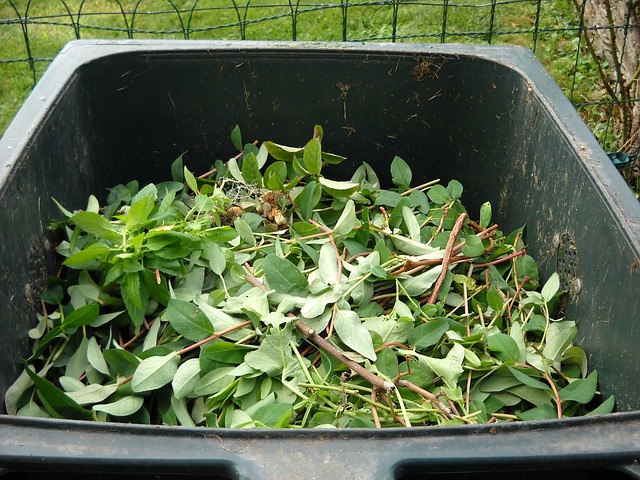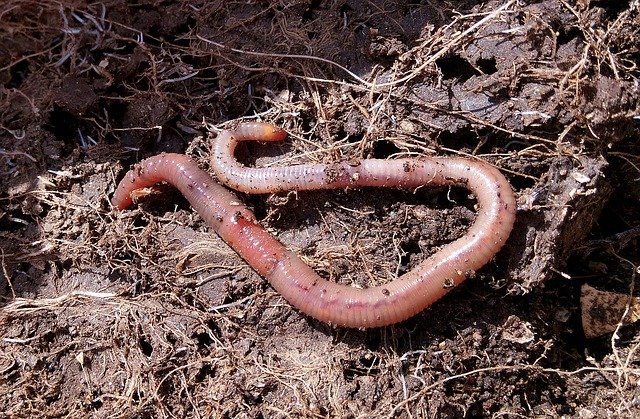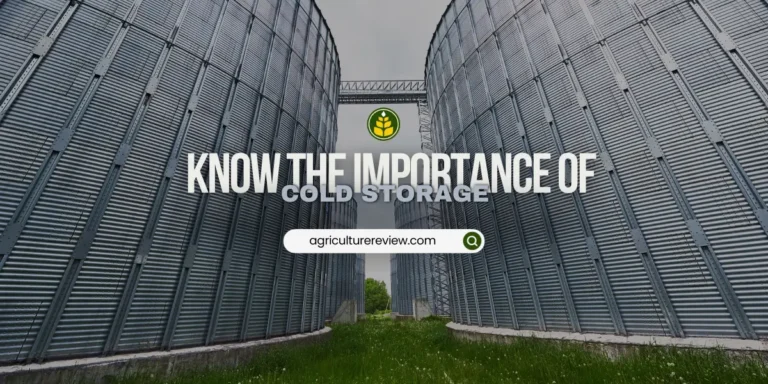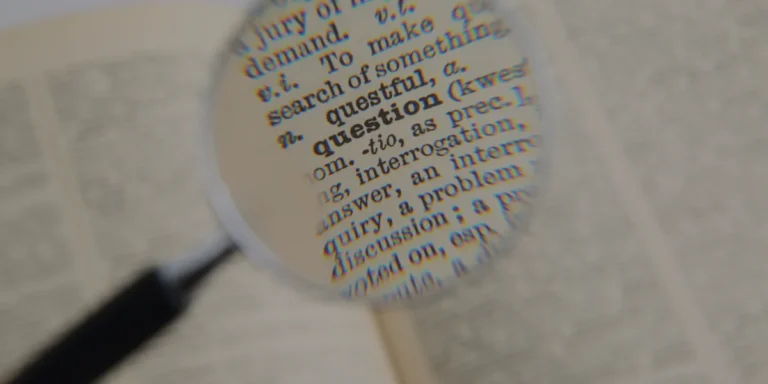
Composting
COMPOSTING can be done in large operating agriculture farms as well as in-home gardens with good space to support a separate place for composting.

Composting Meaning
In broad terms compost is the result or outcome of day to day activities of microorganisms, small creatures in the soil, air, water, etc. on the biodegradable waste.
Composting is very easy but to execute the process of composting whether in agriculture farm or home garden one needs to have basic knowledge of different types of compost and its formation process.
Let’s start with the very basics of composting.
Let’s start with the very basics of composting.
Composting for beginners:
Generally, people who haven’t started composting feels difficulty in taking decisions on Where and How to start composting?
My suggestion is that start composting with materials that can be composted and is present near or in your environment. If you are thinking to start composting in your home garden then kitchen waste is the best option for you. Kitchen waste has huge potential to be used for composting but do not mix leftover bones with vegetable waste. Waste that has flesh can become home for many diseases too although it has good nutritional value after being converted into compost. If cow dung is available near your home you can also use them for composting.
Methods that can be used for composting at home:
These two are quite easy to be used at home.
Materials that you can select for composting are soil, dead leftover of plants like leaves and its parts but do not choose weeds, vegetable waste, fruit waste, tea leaves, eggshells, paper or newspapers, hair, ashes, sawdust, hay and straw.
To start composting, collect these materials in your home and then separate dry and wet waste from them. You have to put 50% dry waste and 50% wet waste in an earthen pot of medium to large size or any big size plastic bin, bucket or tub. I will suggest if you can get neem leaves near your house then add these in the composting material.
Three basic requirements that should be present in the composting medium:
- Heat
- Humidity
- Microorganism
Select a place for composting, doing it in the terrace garden is okay but do not keep the container in direct sunlight, keep it in shade.
Cut composting materials into small pieces as it will fasten the process of composting.
Put soil and if present then organic compost with soil till one to two-inch layer in composting container and mix them completely. Add vegetables and fruit waste into them. Use in 50% ratio. Add all the wet green waste. If you are having eggshells then you can add them. If available then add neem leaves over them. Now repeat this layering process again and again until it reaches the top of the container leaving few inches deep space.
 |
| Composting Bin |
Now cover this with soil and compost mix. You can also add earthworms to fasten the process of decomposition. You can get earthworms either from the nearest nursery or put little effort and dig out soil surface near you in an outdoor garden that remains mostly moist. You can get earthworms there.
Now its time to moisten the composting mixture, water thoroughly.
You can cover the container with hay or straw and put it in partial shade. Take care of moisture daily, If the upper layer seems dry then water it but do not overwet completely. You can mix the compost with the help of a stick once in 30 days and again cover it with hay or straw. You can also cover the composting mixture with dry leaves.
Now keep repeating this process and within 60 to 100 days your compost will be ready to be used in your garden. Keep a portion of this compost and use it again to make compost. Repeat this process and enjoy composting at home.
 |
| Earthworm in vermicomposting |
Avoid using these materials for composting
Fats, oil, dairy products, flesh waste such as meat, coal, or any chemical material.
Benefits of Composting:
- Instead of throwing biodegradable waste outside to pollute the environment, composting could be useful to turn them into plant nutritional material.
- Composting adds various nutrients needed by plants in the soil.
- Composting boosts soil health.
- Composting reduces carbon footprint.
You can Contact Us to ask questions or give feedback to Us.
You can read more of our articles in HOME GARDENING or AGRICULTURE Labels.
Watch our first YouTube Introduction video that is launched on 7 May, 2020.





